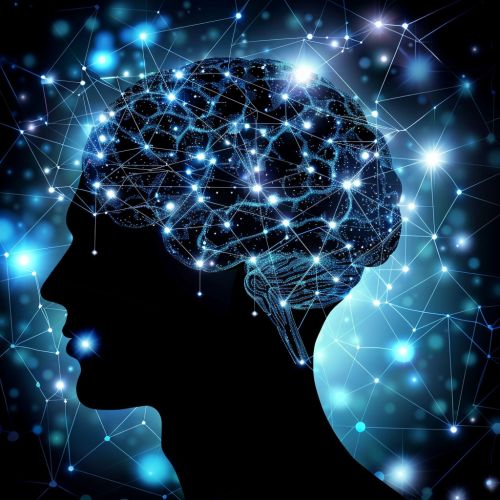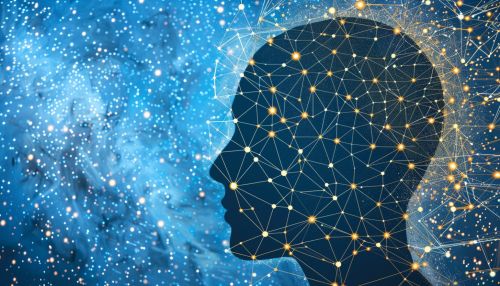Human cognition
Introduction
Human cognition is the scientific term for the mental processes and activities used in gaining knowledge and comprehension. These processes include thinking, knowing, remembering, judging, and problem-solving. These are higher-level functions of the brain and encompass language, imagination, perception, and planning. A central aspect of human cognition is that it is a process that is continuous and ever-evolving.


Cognitive Processes
Human cognition involves various mental processes. These processes are often categorized into cognitive domains, which include attention, memory, executive function, perception, language, and social cognition.
Attention
Attention is the cognitive process of selectively concentrating on one aspect of the environment while ignoring other things. Attention is often seen as a spotlight, focusing conscious awareness on a particular stimulus while filtering out a range of other stimuli.
Memory
Memory is the ability to encode, store, and retrieve information. It is a crucial aspect of cognition, allowing individuals to learn from past experiences. Memory can be further divided into short-term memory and long-term memory. Short-term memory, also known as working memory, is the information we hold in our mind at any given moment. Long-term memory, on the other hand, is the information that has been encoded and stored and can be retrieved over a longer period.
Executive Function
Executive function refers to a set of cognitive processes that are necessary for the cognitive control of behavior. These processes include the ability to plan and execute goals, manage time and attention, switch focus, organize information, and regulate behavior.
Perception
Perception is the process of interpreting the sensory information resulting from the interaction between the data we receive and our mind's interpretation of this data. Perception is not just a passive receipt of these signals, but it's also shaped by the individual's learning, memory, expectation, and attention.
Language
Language is a cognitive function that allows humans to communicate using a system of symbols and rules. Language cognition involves several processes, including phonetics, semantics, syntax, and pragmatics.
Social Cognition
Social cognition is the area of cognition that involves the perception and interpretation of social information, such as understanding the behavior of others and oneself in social situations.
Cognitive Development
Cognitive development is the construction of thought processes, including remembering, problem-solving, and decision-making, from childhood through adolescence to adulthood. The most widely accepted theory of cognitive development was proposed by Jean Piaget, a Swiss psychologist. He suggested that children progress through four stages of cognitive development, each marked by shifts in how they understand the world.
Cognitive Neuroscience
Cognitive neuroscience is the scientific field that is concerned with the study of the biological processes and aspects that underlie cognition, with a specific focus on the neural connections in the brain which are involved in mental processes. It addresses the questions of how cognitive activities are affected or controlled by neural circuits in the brain.
Cognitive Psychology
Cognitive psychology is the branch of psychology that studies mental processes including how people think, perceive, remember, and learn. It is closely related to cognitive science and artificial intelligence, and overlaps with cognitive neuroscience.
Cognitive Disorders
Cognitive disorders, also known as neurocognitive disorders, are a category of mental health disorders that primarily affect cognitive abilities including learning, memory, perception, and problem-solving. Cognitive disorders include dementia, Alzheimer's disease, and delirium.
